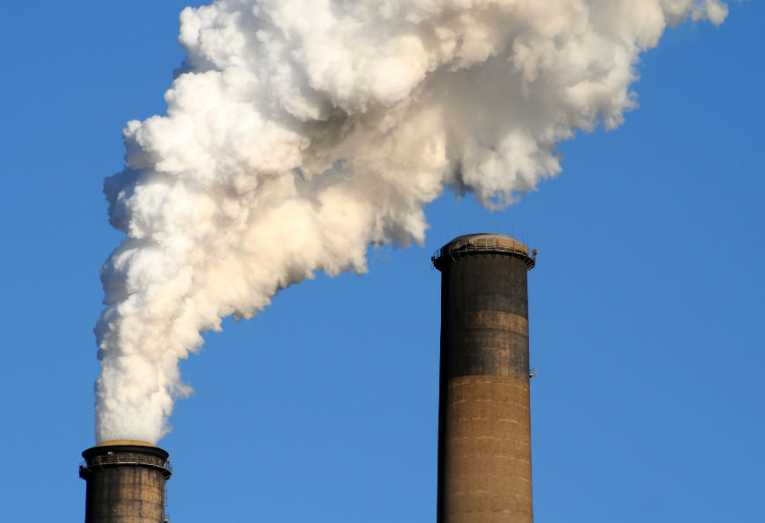China overtook the United States as the world's biggest greenhouse gas emitter in November and is beginning to introduce controls to limit the environmental degradation that accompanies its rapid industrialisation.
Already the planet's largest energy consumer and polluter, China has long taken the position that it is the industrialised nations who should be taking up the biggest burden of emissions cuts, so it is to be welcomed that the Ministry of Environmental Protection has announced plans to curb the growth in some major pollutants by 1.5% annually from 2011.
Zhou Shengxian, Minister for environmental protection announcing the 2011 to 2015 plan said, ' The country is facing increasing energy consumption and rising pollution, China will impose higher emission standards for heavy polluting industries like paper-making, textiles and chemical plants.'
The Ministry has added two nitrogen compounds, Nitrous oxide, a potent greenhouse gas with an effect 300 times greater than carbon dioxide; and ammonia, to previous sulphur dioxide and water pollution targets. China's car ownership is exploding, with 75 million cars on the road expected in 2011, up 50% since 2008. The effects are evident in smog over major cities like Beijing and Shanghai. The World Bank estimates that almost half a million Chinese annually die a premature death, many due to respiratory problems caused by air pollution.
'China's environmental problems are far worse than many assume, but the country is doing more to try and solve them than people give them credit for.'
During the 11th five year plan running from 2006 to 2010, the government shut down over 7,000 paper plants, dye manufacturers and other heavy polluters in order to meet targets.
Zhou's ministry also announced a nationwide pollution survey, the results of which will be available to the public. He added, 'Local environmental protection departments will be punished if they fabricate data for the survey.' It seems clear that China is determined to tackle at least some of the worst of its pollution problems head on. Greenpeace China has described the current plans as inadequate.










